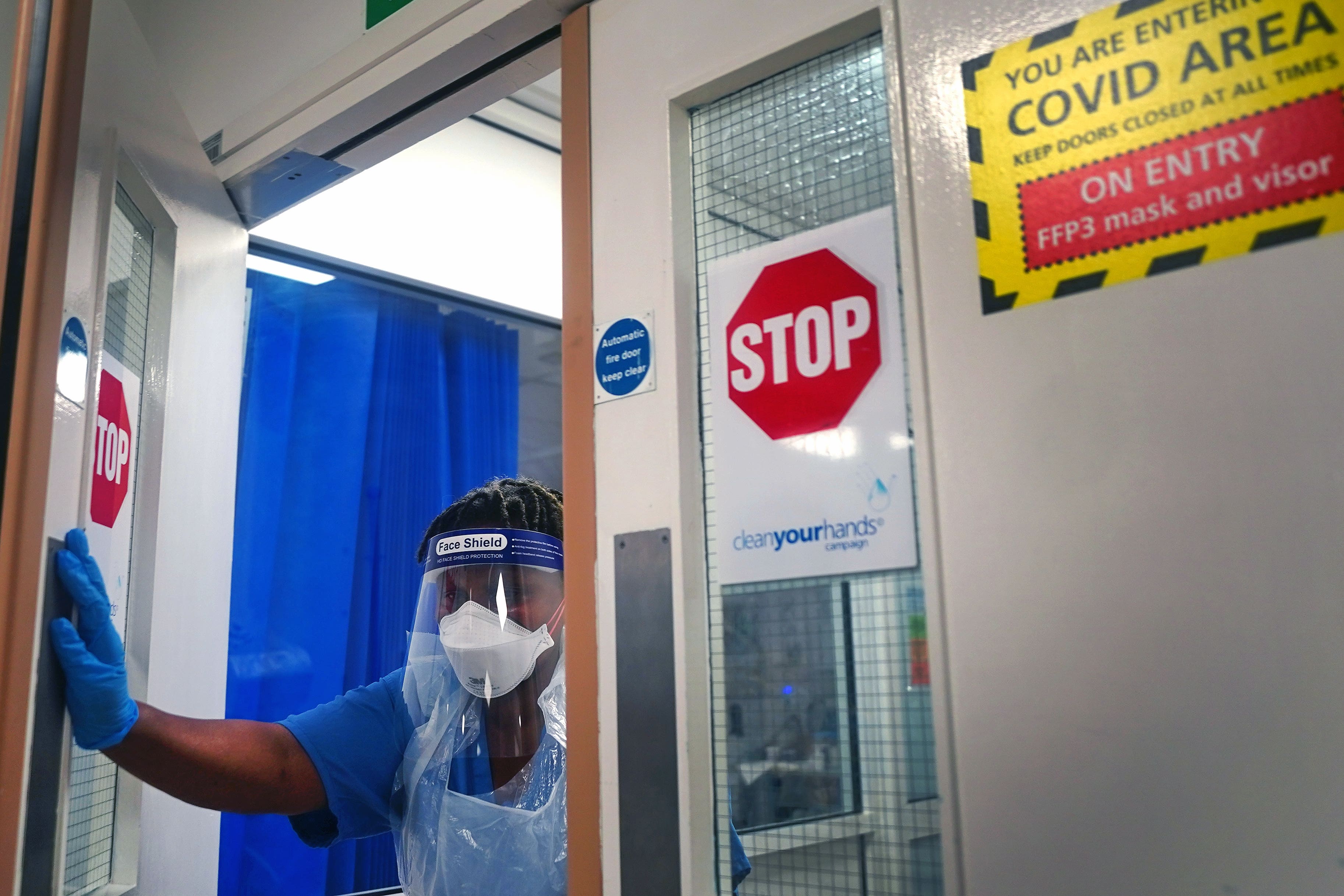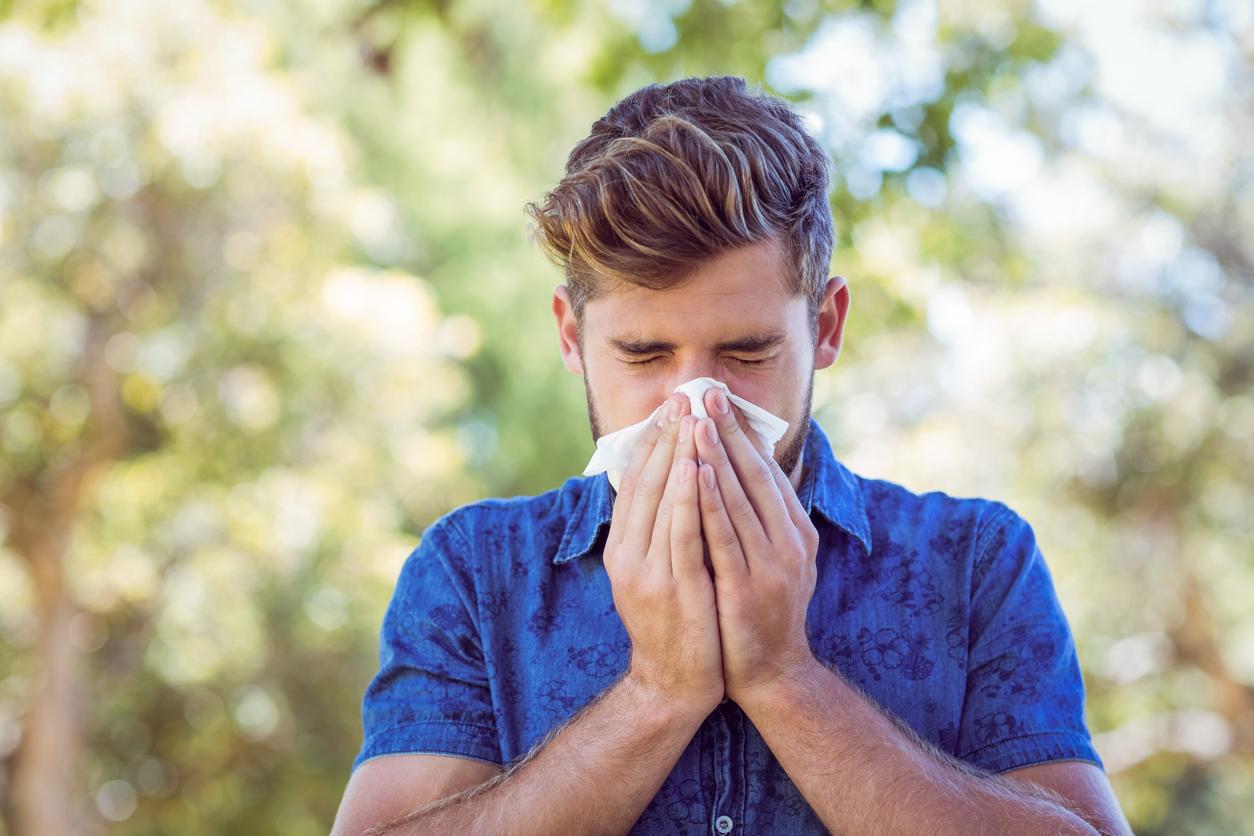Your support helps us to tell the story
From reproductive rights to climate change to Big Tech, The Independent is on the ground when the story is developing. Whether it's investigating the financials of Elon Musk's pro-Trump PAC or producing our latest documentary, 'The A Word', which shines a light on the American women fighting for reproductive rights, we know how important it is to parse out the facts from the messaging.
At such a critical moment in US history, we need reporters on the ground. Your donation allows us to keep sending journalists to speak to both sides of the story.
The Independent is trusted by Americans across the entire political spectrum. And unlike many other quality news outlets, we choose not to lock Americans out of our reporting and analysis with paywalls. We believe quality journalism should be available to everyone, paid for by those who can afford it.
Your support makes all the difference.Hospitals have asked people with Covid symptoms not to visit as new variants spread across the UK.
Cases are rising of the FLiRT and LB.1 variants, which have similar symptoms to previous strains.
While visitors with symptoms are being asked to stay away, anyone seriously unwell who suspects they have Covid is still advised to seek help.

University College London Hospitals NHS Foundation Trust released a statement, saying: “We are seeing a rise in cases of Covid-19 in London and patients testing positive in UCLH hospitals.
“While we remain open to visitors, please do not visit if you are experiencing symptoms of Covid-19.
“If you do visit, please feel free to wear a mask if you feel more comfortable doing so.
“We will review this situation towards the end of this week, and hope to update this message then.”
Royal Devon NHS posted on Twitter/X: “We’re seeing an increase in cases of Covid-19 in the community, so please help us to help you and your loved one by not visiting our hospitals if you are showing any symptoms of the virus. Thank you.”

Taken from mutations characterising the KP.3, KP.2, and KP.1.1 Covid variants, the term “FLiRT” is used to collectively describe a group of new strains of the virus that surfaced in April.
The LB.1 variant, which is another Omicron and FLiRT variant, has been reported to cause symptoms similar to the FLiRT strains.
Common symptoms are similar to those from previous strains: fever, coughing, fatigue, loss of taste or smell, sore throat, muscle or body aches, shortness of breath, headache, and a runny nose.
The UK Health Security Agency said in May: “If you have symptoms of a respiratory infection, such as Covid-19, and you have a high temperature or do not feel well enough to go to work or carry out normal activities, you should avoid contact with vulnerable people and stay at home if possible.”
Dr Mariyam Malik, an NHS and private GP at Pall Mall Medical said crowds can contribute to the spread of infections.
“Increased travel and big events such as festivals often result in crowded settings where the virus can spread more easily, and there is no longer any legal restrictions like wearing masks, social distancing,” he said.
Correction: An earlier version of this article incorrectly stated that patients with Covid symptoms had been asked to stay away from hospitals. This has now been updated to reflect that only visitors with symptoms have been asked to stay away – anyone in need of medical assistance with Covid symptoms should still seek help
Join our commenting forum
Join thought-provoking conversations, follow other Independent readers and see their replies
Comments